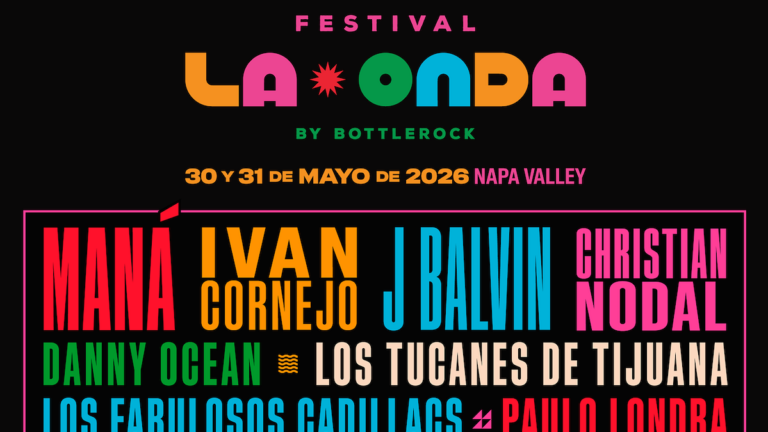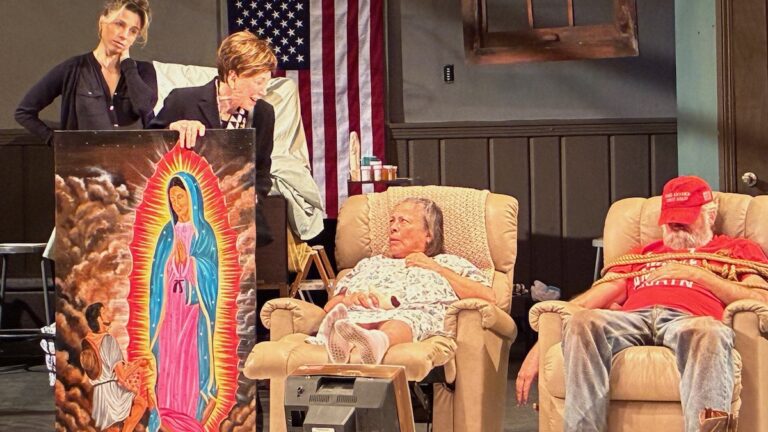By Justina Bonilla

The controversial boycott surrounding comments of the Goya CEO, Bob Unanue of praising President Trump, is causing many Latinos to reevaluate their relationship with the over 90-year-old food brand.
While many are vocally and actively boycotting Goya, with hashtags on social media (#Goyaway, #boycottgoya, and #goyaboycott), others are purchasing Goya products to override the boycotting, also expressing their options on social media with hashtags (#buygoya and #buygoyafoods). This boycott is leading to a national conversation of the impact of free speech on business, as well as highlighting the economic influence of Latinos in America.
In the United States, according to CNBC, Latinos had a GDP of $2.3 Trillion in 2017. A GDP, or Gross Domestic Product, measures an approximate economic size and its growth rate. This U.S. Latino GDP continues to grow, especially considering, “…1 in 5 workers” in America’s total labor force will be Latino by 2024, according to the Peterson Institution for International Economics (PIIE). Consequently, if a population with this much buying influence calls for a boycott, it will raise a strong cause of concern.
Unanue’s Response:
On July 9, 2020, Unanue was invited to the White House, along with other influential Hispanic business owners, to meet with the President about the executive order, The White House Hispanic Prosperity Initiative. In Unanue’s speech, he praised Trump, “We’re all truly blessed at the same time to have a leader like President Trump who is a builder,” as well as, “And so, we have an incredible leader.”
Controversy:
Unanue addressed this boycott on Fox & Friends on 7/10/20, as, “Suppression of free speech,” with no intention of apologizing. He also noted that he received no backlash in 2012, when he worked with the Obama administration to promote in the Hispanic community, the USDA’s MyPlate (Mi Plato), which encourages healthier eating. When asked if he felt that this situation was being treated with a doubled standard, he agreed.
Pro-Boycott:
Those calling for a boycott feel Unanue comments are contradictory, due to his financial profits from Hispanic/Latino consumers, while supporting Trump, a president who is seen as suppressing the Hispanic/Latino community. They cite Trump’s comments and laws negatively targeting Hispanics/Latinos, including referring to Mexican’s as “bringing crime [to America]” and “rapists”, tighter restrictions for asylum seekers at the Mexican border, family separation policy, Executive Order 13768 (severely limiting federal funds to sanctuary jurisdictions), expanding the Mexican and U.S. border wall, and trying to end DACA.

Julian Castro, former US Secretary of Housing and Urban Development (under President Obama), on Twitter 7/9/20: “@GoyaFoods has been a staple of so many Latino households for generations. Now their CEO, Bob Unanu, is praising a president who villainizes and maliciously attacks Latinos for political gain. Americans should think twice before buying their products. #Goyaway”

Chef Jose Andres, Founder of the non-profit World Central Kitchen, on Twitter 7/9/20: “Let’s be clear @GoyaFoods, President Trump has left Latinos and many Americans hungry. Cages Latino children. Has called Mexican rapists. We are blessed? I think we Latinos are being mistreated…”
Anti-Boycott:
Those against the boycott believe this is an attack on freedom of speech. Consequently, boycotting a prosperous Hispanic owned business, with 4,000 employees, during a time of unprecedented unemployment, will do more harm than good. Also cited, is Goya’s history of charitable donations to the Hispanic community, especially to food banks for those impacted economically by the COVID-19 pandemic. Thus, the anti-boycott advocates are encouraging as a way to both support President Trump and Goya to purchase Goya products and donate them to food banks.

Republican Senator Ted Cruz on Twitter 7/10/20: “Goya is a staple of Cuban food. My grandparents ate Goya black beans twice a day for nearly 90 years. And now the Left is trying to cancel Hispanic culture and silence free speech. #BuyGoya”

Reporter Geraldo Rivera on Twitter 7/13/20: “And the woke left has gone a bean too far. Buy Goya. That’s what we should do. Buy Goya. They are trying to boycott Goya. We should be buying Goya. Buy it and donating it to the food bank.”
Further controversy:
To show support for Goya, both President Trump and his daughter, presidential advisor Ivanka Trump, posting on their official social media pages images of themselves posing with Goya products.

Since anyone working within the three branches of the federal government is considered a federal employee, according to critics, the Trump endorsements are illegal. According to the DOJ (Department of Justice)’s Misuse of Position and Government Resources, “An employee may not use his public office for his own private gain or for that of persons or organizations with which he is associated personally”.
However, in Ms. Trump’s defense, the White House media director Carolina Hurley stated, “Only the media and the cancel culture movement would criticize Ivanka for showing her personal support for a company that has been unfairly mocked, boycotted and ridiculed for supporting the administration.”
Swift reactions against and for the Trumps’ Goya pictures, especially of Ms. Trump, included criticism from legendary Chicano animator Lalo Alcaraz. Democratic senators also responded, with Senators Tom Carper and Elizabeth Warren sending a letter to the Office of Government Ethics on 7/20/2020, regarding Ms. Trump’s picture with Goya, about her receiving possible discipline for it.
Overall:
People can choose to either discontinue or continue to support certain brands, people, stores, products, countries, etc., based on their beliefs. To choose to boycott a product is not silencing free speech, but instead practicing free speech through economic influence. Boycotts have been a part of American history, from the American colonies boycotting British goods to the Delano Grape Strike and Boycott from 1965-1970. On the other hand, it is also common for many to financially support businesses, non-profits, politicians, and religious organizations that share their beliefs.
While this controversy harbors heavy emotions on both sides, only time will tell how this moment will impact both Latino food culture and Goya’s dominance in Latin food sales.




